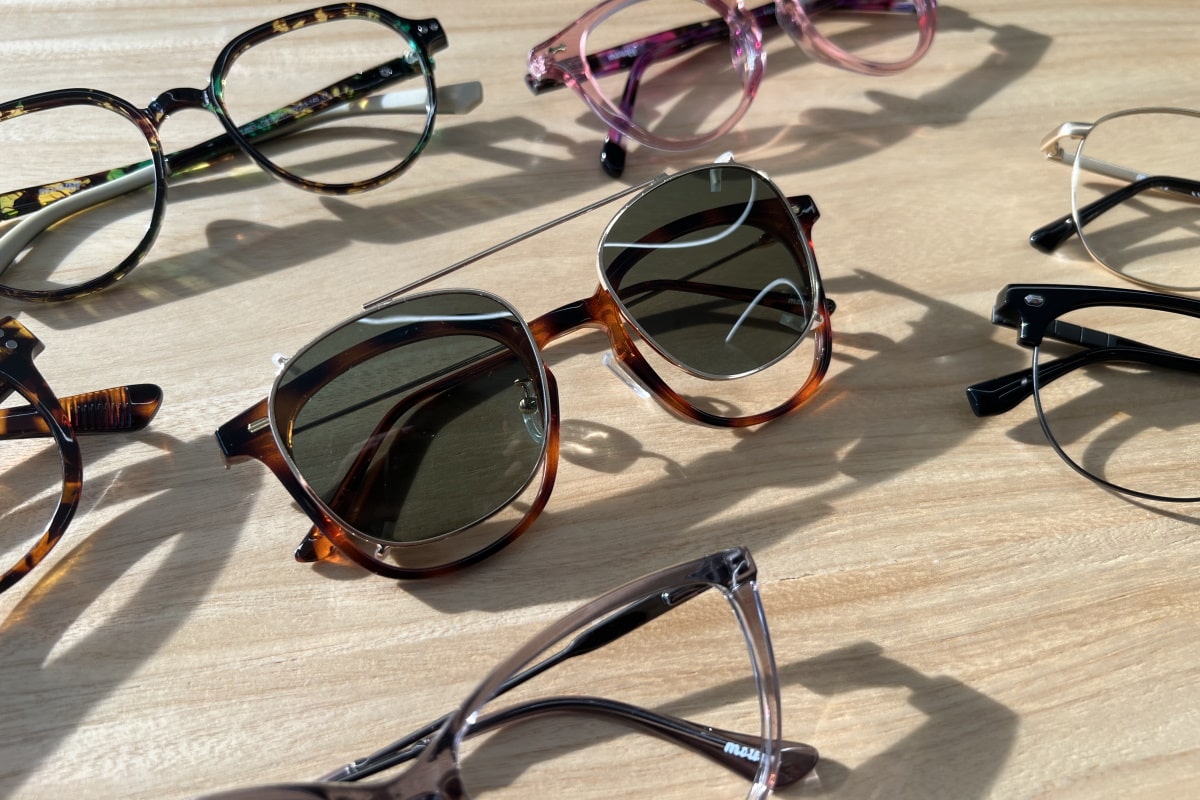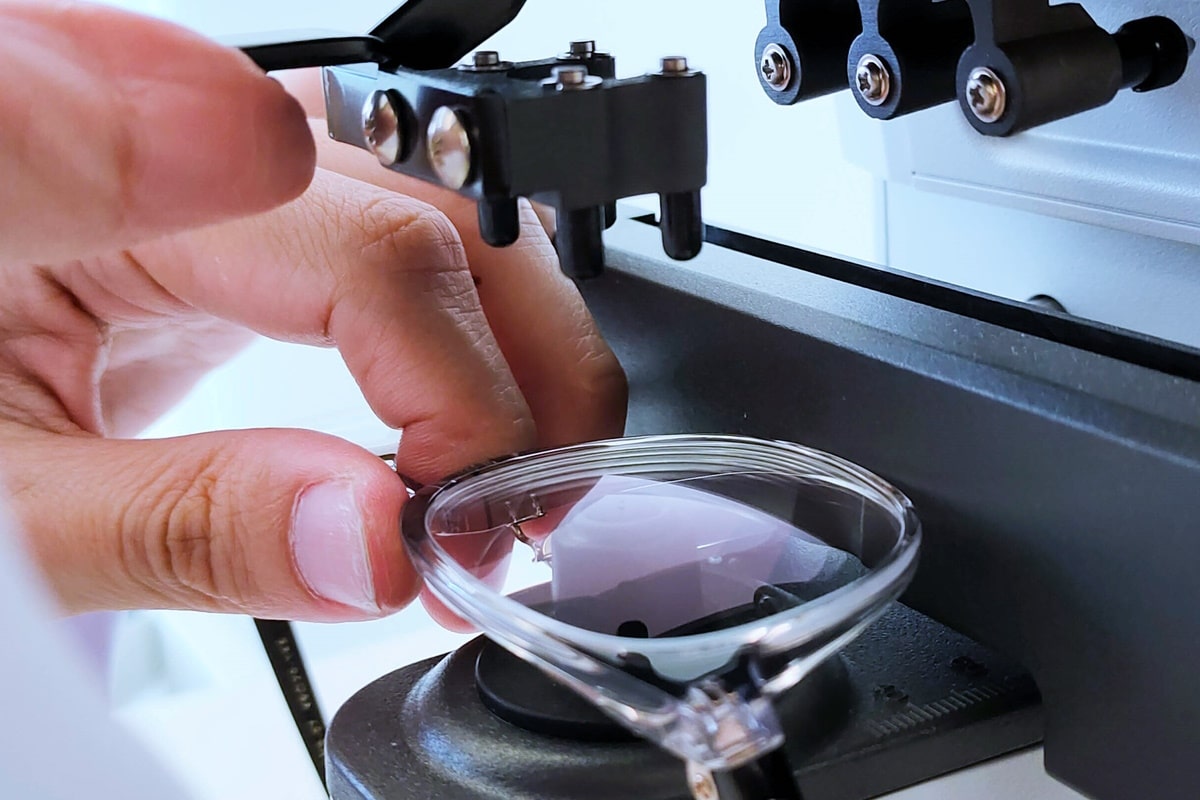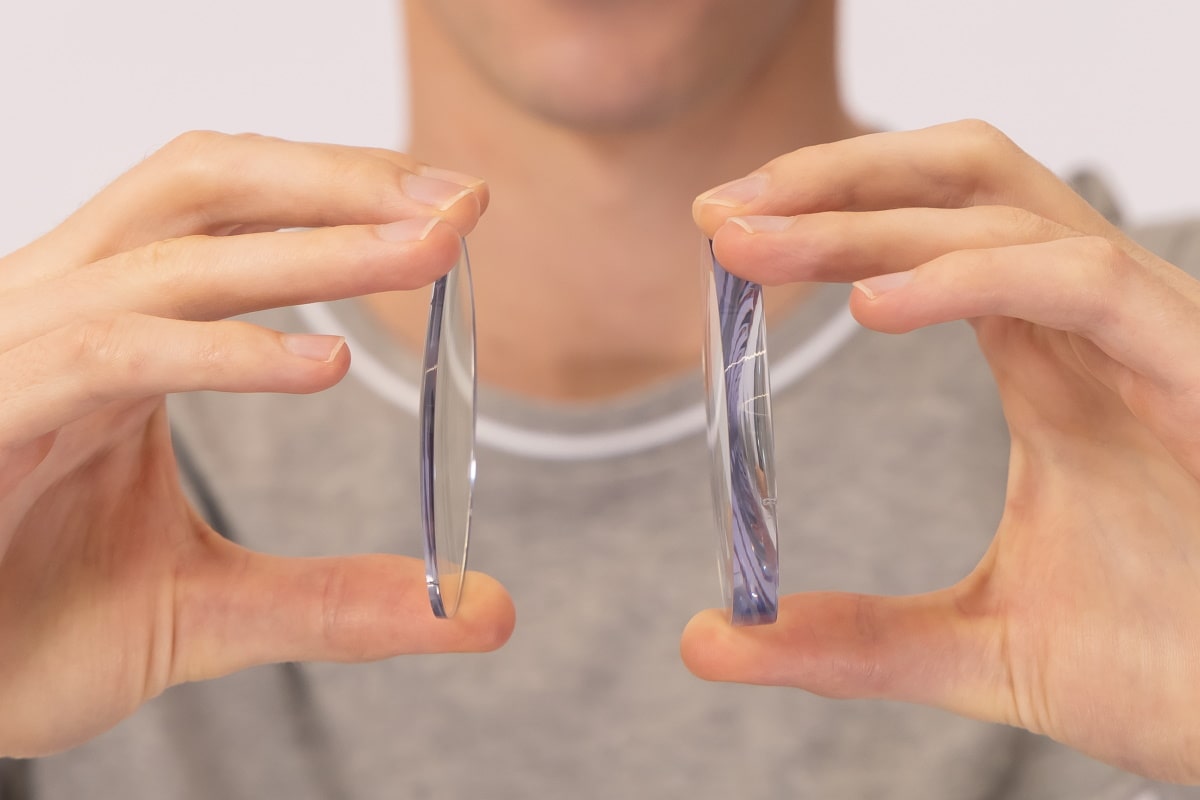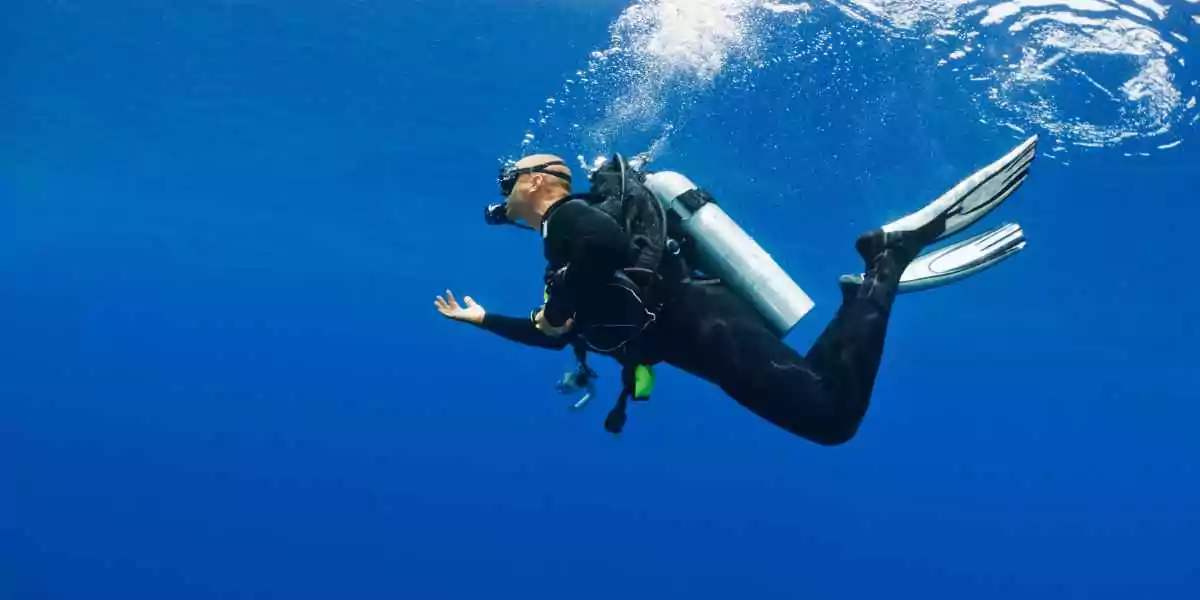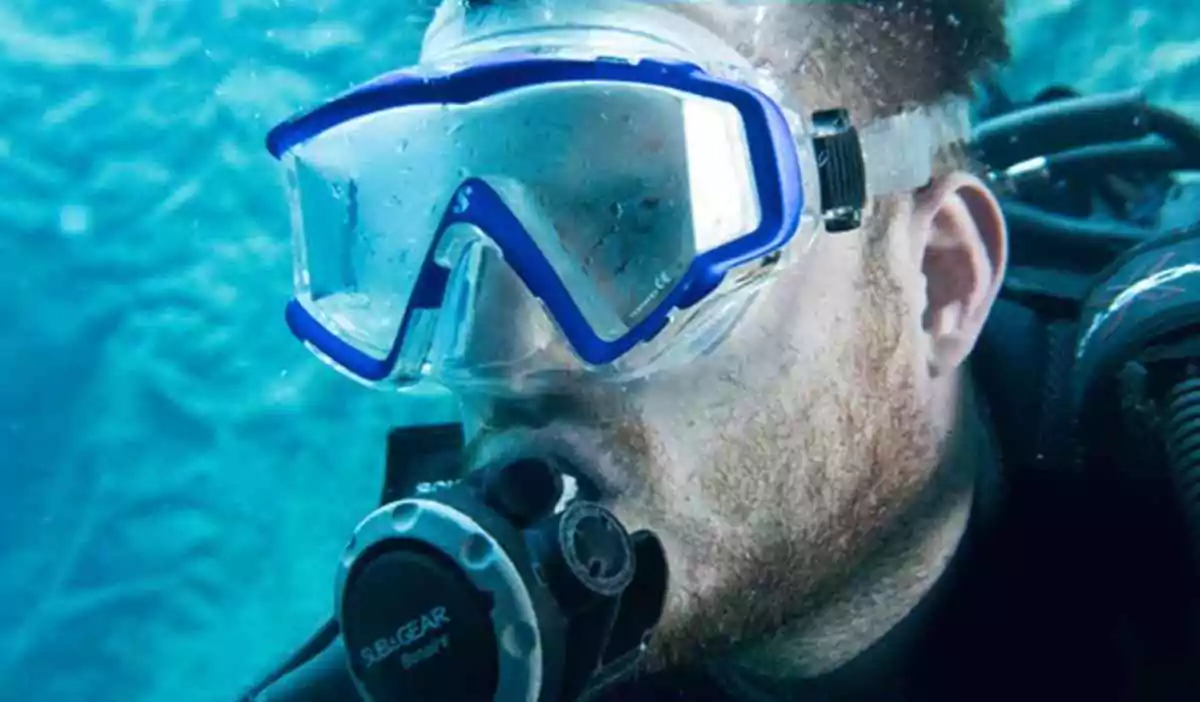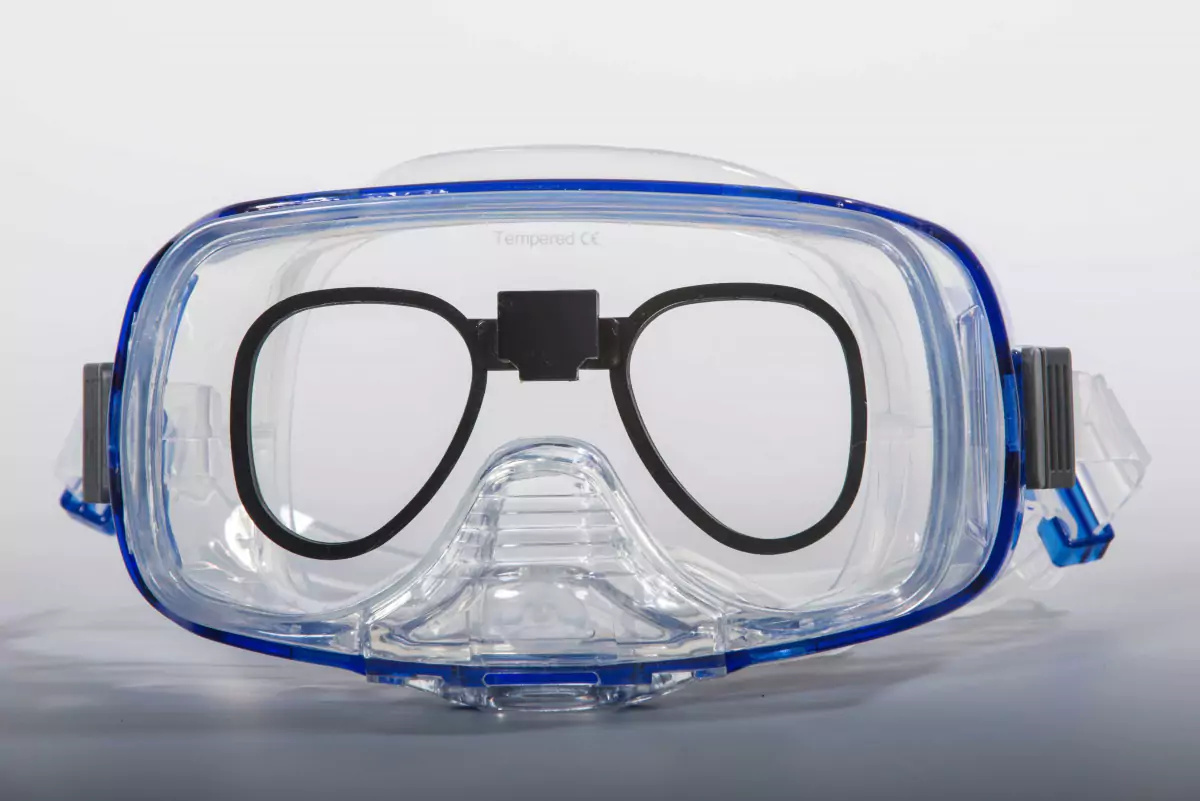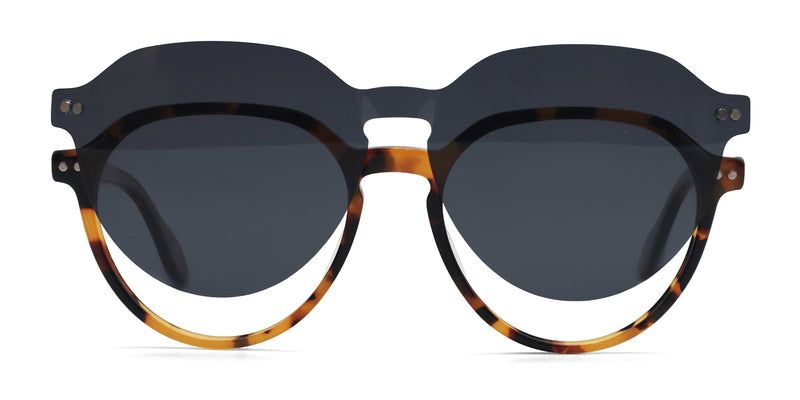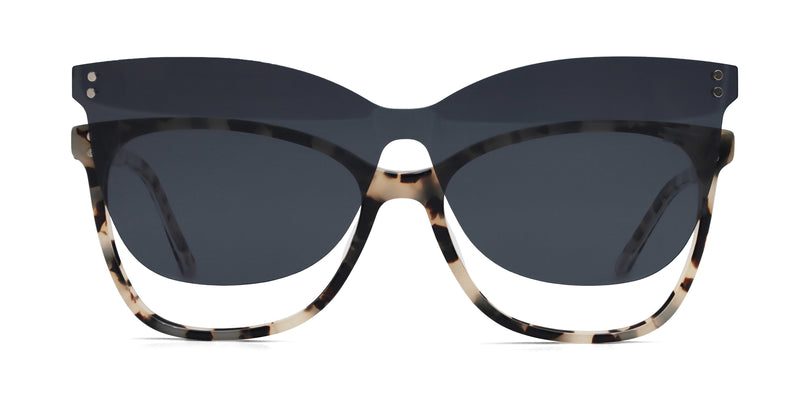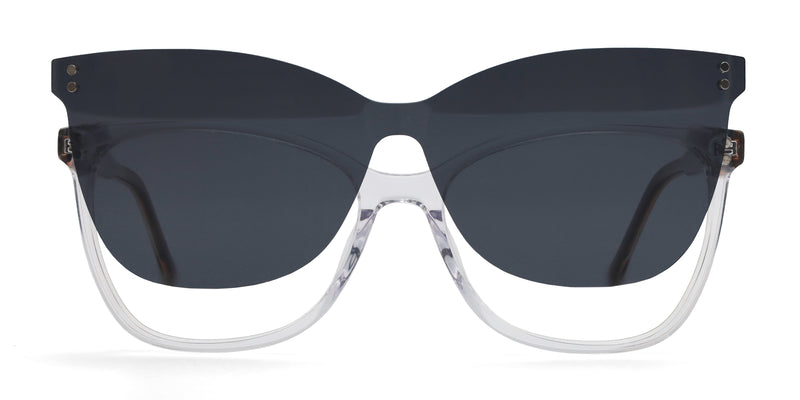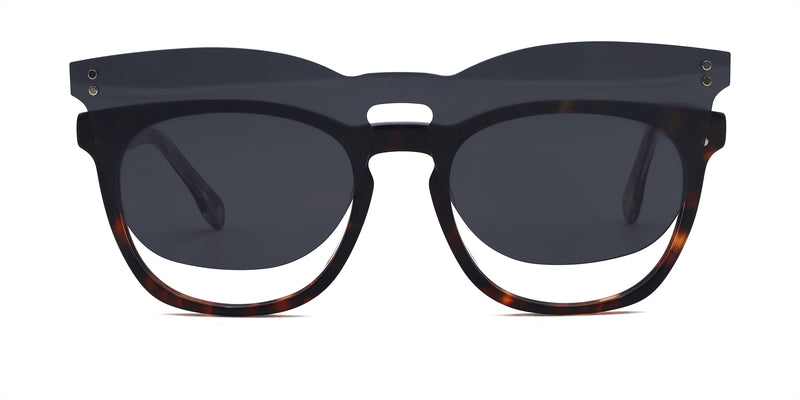Can I Wear Diving Goggles with Glasses?
Glasses wearer? Going diving?
Then you’re probably wondering if you can wear diving goggles with your glasses.
In this article, we’ll explore the answers and recommend some durable eyewear options for your journey under the sea.
Firstly – how does diving affect my vision?
When you go diving, your vision can be affected in a few ways.
First, you may experience distorted images, which means things might look blurry or wavy.
This happens because water bends light differently than air.
Secondly, the water can make it harder to see faraway objects clearly. As such, this reduces the visibility of objects underwater.
Lastly, diving can cause eye irritation and dryness.
This comes from saltwater or chemicals in the pool, depending on where you’re diving.
Why are regular glasses under diving goggles not recommended?
In short, wearing regular glasses under diving goggles is not recommended.
Here are the main reasons why:
1. Risk of water leakage
When you wear regular glasses under diving goggles, there is a high risk of water leakage.
Wearing glasses can compromise the seal between the goggles and your face, making it not tight enough to keep water out.
As a result, it’ll be difficult to see clearly and enjoy your dive.
2. Discomfort and poor fit
Regular glasses are not designed to be worn under diving goggles, which can result in a poor, uncomfortable fit.
The combination of the glasses and goggles can exert more pressure on your face, causing discomfort and even pain during your dive.
Also, a less-than-secure fit could lead to your goggles slipping or shifting underwater.
3. Fogging issues
Wearing regular glasses under diving goggles can also cause fogging issues.
The warm air trapped between the glasses and the goggles can condense, creating a layer of fog that blocks your vision.
Being able to see clearly underwater is of utmost importance, so this is a big no-no.
4. Potential damage to glasses
Diving environments can be harsh, especially when there’s salt water, sand, and other debris present.
Wearing regular glasses under diving goggles exposes the former to potential damage like scratches, saltwater corrosion, or impact from accidental knocks.
All this will affect the functionality of your glasses.
5. Limited field of vision
Another reason not to wear regular glasses under diving goggles is the limitation it imposes on your field of vision.
Some regular glasses have frames that can obstruct your peripheral vision, limiting your ability to see what’s happening around you while diving.
Having a full field of vision is vital for safety and awareness underwater.
Considering these reasons, exploring alternative options is best if you’re a diver in need of vision correction.
What are my options for vision correction while diving?
Here are some safer options that can help you see clearly underwater when you’re diving:
1. Stick-on lens inserts for diving masks
These inserts are adhesive and can be easily attached to the inside of the goggles, allowing you to insert your prescription lenses.
- Pros
Easy to use, cost-effective, and reusable. - Cons
Limited prescription range, slight distortion, and durability concerns.
2. Custom-made prescription diving goggles/mask
Another option is having a diving mask or a pair of goggles custom-made with prescription lenses.
This will allow them to have built-in corrective lenses.
- Pros
All-in-one solution, clear vision throughout the dive. - Cons
Higher cost than regular diving masks, may require professional fitting.
3. Contact lenses
Contact lenses are also a popular choice for divers.
You can wear regular prescription contact lenses or specialized lenses for water activities.
- Pros
No need for additional equipment, full field of vision, convenient for regular contact lens wearers. - Cons
Contact lenses may be uncomfortable or difficult to handle for some, risk of losing a lens underwater.
In any case, always remember to consult with your eye care professional to determine the best option for your specific needs and ensure proper fit and safety.
Use durable frames and lenses if you’re seabound
You may not be able to wear your glasses while diving but you can definitely use them on your journey out to sea.
In times like this, it’s essential that you choose glasses frames and lenses that can handle the elements.
When it comes to frames, look for materials like nylon or acetate as these can withstand the salty and humid marine environment.
As for lenses, consider options made from polycarbonate or Trivex.
Known for their durability and impact resistance, these materials are suitable for various outdoor activities, including boating and sailing. They can withstand potential knocks while still ensuring sharp vision.
To enhance your visual experience, you might also want to look for polarized lenses.
Polarized lenses help reduce glare from the sun reflected off the water’s surface, allowing for clearer vision and a more comfortable experience on the sea.
Also, make sure your lenses offer UV protection. The sun’s ultraviolet (UV) rays can be even more intense near water, so having lenses that shield your eyes from these harmful rays is especially useful.
Exposure to UV rays can cause cataracts and eye cancer.
To enhance your lenses’ durability, get a scratch-resistant coating. As you can guess, they help protect your lenses from minor scratches during your sea journey.
A hydrophobic coating can also be really helpful. This special coating makes water slide off the lens instead of sticking to it.
As such, it keeps your lenses clear and your vision unobstructed when you’re exposed to water droplets, whether it be through splashing waves or rain.
By picking frames and lenses with these durable features, your spectacles will serve you well during your sea adventure.
Just remember to keep your glasses in a case when you’re not using them.
Speaking of durable frames and lenses, there are glasses at Mouqy that fit the bill.
Take this pair as an example.
These specs are made from acetate, and add a touch of style to your seafaring outfit via their green tortoiseshell print.
Another option we love is this oval pair with a more traditional-looking tortoiseshell print for those who want to keep it simple.
Like the pair above, this is made of hardy acetate and has a keyhole bridge to help it fit more comfortably.
Avoid wearing regular glasses under diving goggles
In summary, wearing regular glasses under diving goggles is not recommended due to the risk of water leakage, fogging, and discomfort.
But fret not!
There are plenty of alternatives to help you see clearly while diving, like prescription lenses, custom-made diving masks, and contact lenses.
Once you have safety and comfort taken care of, you can truly immerse yourself in your diving adventures!

Written by:
Phoebe Jade

